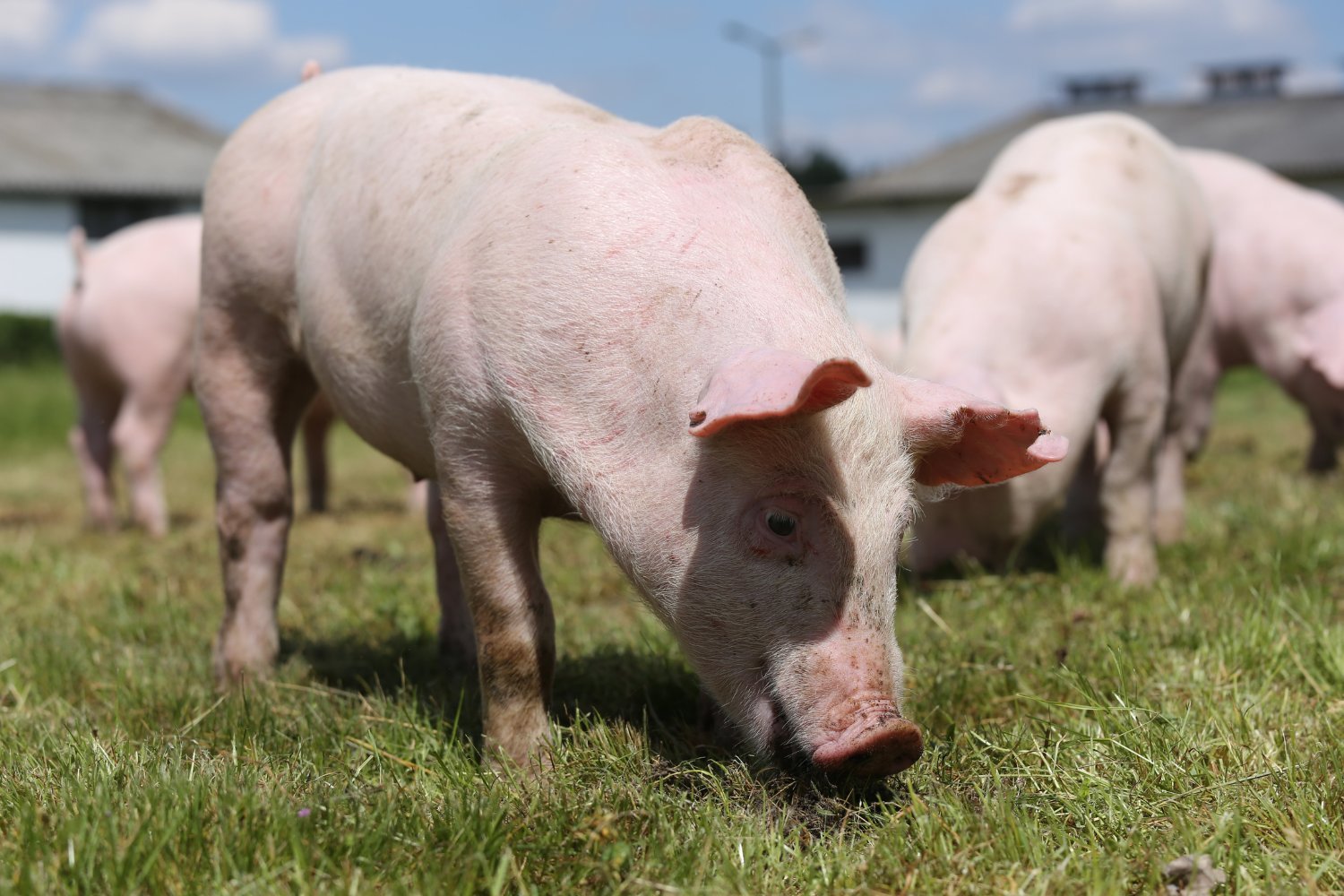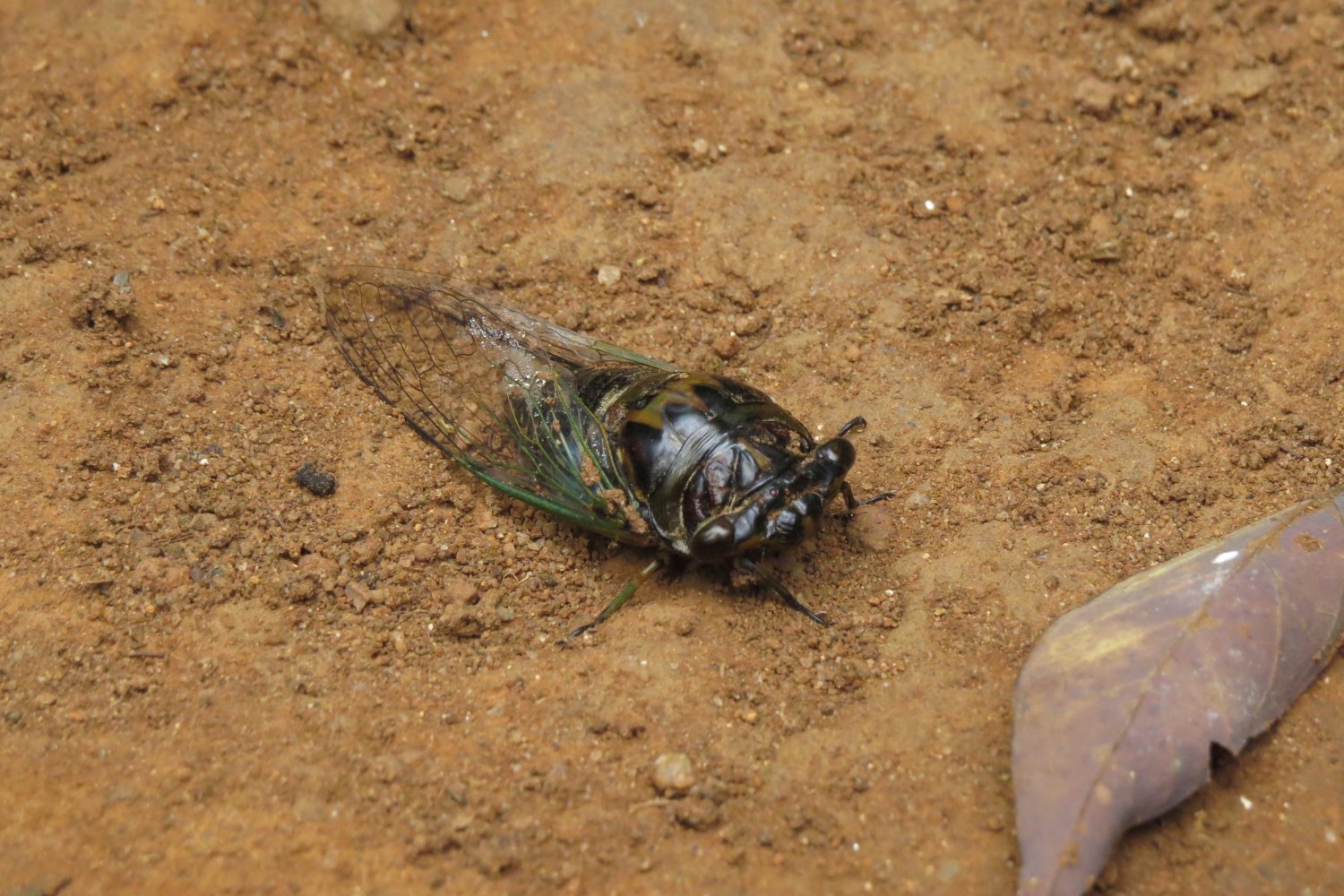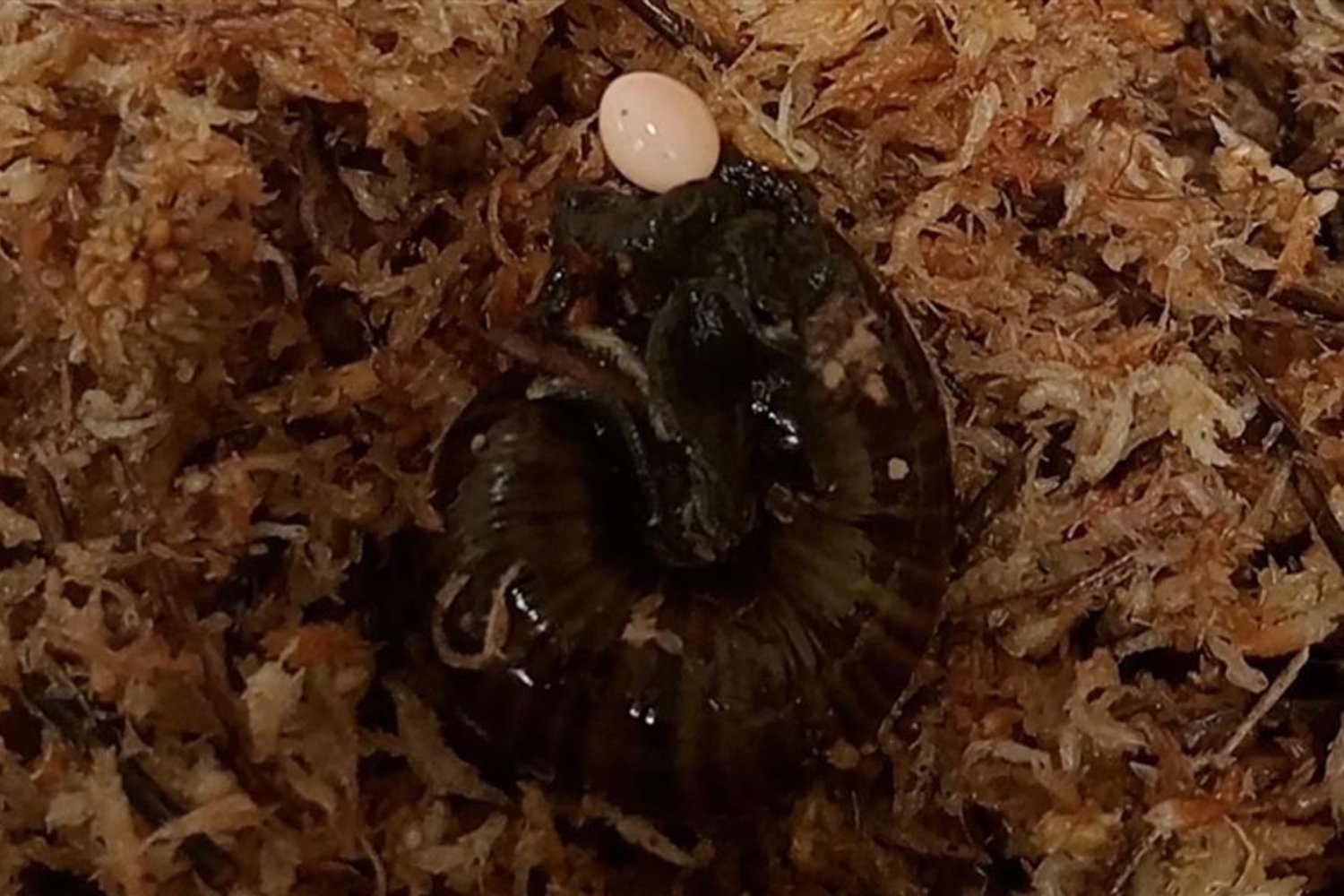The FDA recently approved gene-edited pigs for human consumption, marking a significant advancement in agricultural biotechnology. Developed by PIC, a leading livestock genetics company, these pigs are resistant to porcine reproductive and respiratory syndrome (PRRS), a devastating viral disease affecting swine worldwide. This approval paves the way for safer, more sustainable pork production.
Utilizing CRISPR gene-editing technology, PIC has successfully removed a receptor on pig cells that the PRRS virus typically exploits for infection. This modification renders the pigs resistant to most circulating PRRS strains, offering a promising solution to a costly problem for the pork industry. The FDA’s decision follows years of rigorous research and validation by PIC, underscoring the safety and efficacy of this genetic alteration.
PRRS, a major concern in pig farming for decades, causes significant economic losses due to piglet mortality and reproductive issues in breeding pigs. The World Organization for Animal Health estimates PRRS costs the U.S. alone $560 million annually. PIC’s gene editing offers a potential solution to mitigate these losses and enhance the sustainability of pork production.
The gene edit is introduced into early pig embryos, enabling the resistance trait to be passed down through generations. Importantly, these modified pigs are deemed nutritionally and taste-wise equivalent to conventional pigs. This ensures consumers can enjoy the same quality pork while benefiting from the enhanced disease resistance and the resulting improvements in animal welfare.
This isn’t the first instance of genetically modified animals receiving FDA approval for food. In 2020, Revivicor’s GalSafe pigs, engineered to eliminate alpha-gal sugar, a potential allergen, were approved for both food and medical use. The FDA has also previously approved genetically modified salmon. However, previous approvals have faced commercial challenges. PIC’s approach, involving gene removal rather than addition, coupled with its potential for widespread benefit, could mark a turning point for genetically engineered livestock in the food market.
While the FDA approval is a major step forward, PIC and its parent company, Genus, still face the task of securing approvals in other key pork markets like Mexico, Canada, and China. The company anticipates the CRISPR-edited pork will be available for U.S. consumers by 2026. This innovative approach to disease resistance in livestock holds promise for a more secure and sustainable food supply in the future.











